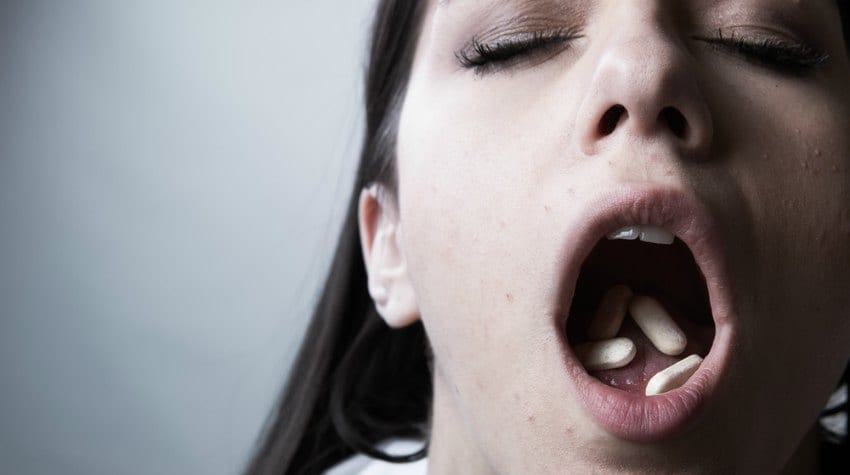A new paper in the Wisconsin Medical Journal questions how frequentlyteens are being prescribed prescription psychiatric medications in the state. The researcher, a child psychologist at Rogers Memorial Hospital in West Allis, reviewed 200 admissions to a state mental health facility in Madison. He found that for many of the boys, an important part of their treatment was weaning them off the multiple medications they had already been prescribed. The 200 admissions to the Mendota Mental Health Institute in Madison were for boys between the ages of 9 and 17 years. (There were a few multiple admissions of the same patient.) Mendota is one of two inpatient psychiatric facilities in the state, the other being the Winnebago Mental Health Institute in Oshkosh, which also treats children and teenagers. Mendota, however, “cares for the most complex and challenging patients in Wisconsin,” the paper says.
Prescription Drug Use And Abuse In Teens
Dr. Alexander Scharko found that, on average, patients were taking two or three psychiatric medications upon their admission, but by the time of their discharge, they were taking one or two. The boys were hospitalized anywhere from a few days to more than 30; most were discharged after two weeks or less. “The use of multiple medications was common,” the paper says, “and treatment included a reduction in the number of psychiatric medications by at least one medication.” The boys admitted to Mendota were identified as suffering from mood disorders, disruptive behavior disorders, attention deficit-hyperactivity disorder, some kind of adjustment disorder, marijuana abuse or autistic or bipolar disorders. The most common diagnoses were general mood or disruptive behavior disorders. Could multiple psychiatric medications have contributed to these problems? “Psychiatric medications may induce behavioral adverse effects in at least a subset of patients,” the paper concludes.
How Prescription Drug Use Impacts Teens
Scharko tells NewsBuzz that anti-depressants and anti-anxiety medications carry both benefits and consequences for their users. “Psychiatric medications are powerful,” he says, “and able to induce agitation and disinhibition,” and due to U.S. Food and Drug Administration policy, he notes, antidepressants carry a “black box” warning stating that their use may increase suicidal thinking and behavior in some children and adolescents. The FDA began requiring the “black box” in 2004 after a review of past studies found that among about 2,200 children prescribed anti-depressants, about 4 percent “experienced suicidal thinking or behavior, including actual suicide attempts, twice the rate of those taking placebo,” according to the National Institutes of Health. “Psychiatric medications are prescribed a lot, and in the past ten years, there has been a great increase in prescribing these medications in the pediatric population,” Scharko says. Anthony Hains, chair of the Department of Educational Psychology at UW-Milwaukee, argues that it’s difficult, when looking at the admissions data, to determine whether the medications prompted the hospitalizations or whether the boys, who were mentally ill, happened to be on several medications because of the severity of their illness.“The side effects of any type of medication for any age group are sort of limited,” he says. For example, a child may report “feeling funny” because of medication for attention deficit-hyperactivity disorder. “Is that severe enough that it’s causing hospitalization? Probably not.” But Hains says it’s a positive sign that Mendota staff is closely evaluating the many medications their patients have been prescribed. “You get all these multiple things, and do they really need them?”Scharko says research into the effects of juveniles taking psychiatric medications designed for adults has not kept pace with their increasing use. A lack of funding could be one explanation for the dearth in research, he suggests, or a lack of child psychiatrists with research training. Bruce Rhoades, a board member for the Wisconsin chapter of the National Alliance on Mental Illness and a retired psychiatrist, says there are ethical barriers to such research. “It’s hard to explain to a parent, ‘We’re going to do an experiment on your kid.’” He adds, “What we would really like to see is specific diagnoses leading to specific medicinal interventions, but there are not enough studies to say when you have anger, this is what you should do with medication, or if you have depression, this is what you should do.” Faced with this shortage of research, psychiatrists often prescribe medications for children that have been approved by the FDA for adults but never specifically approved for pediatric use.





